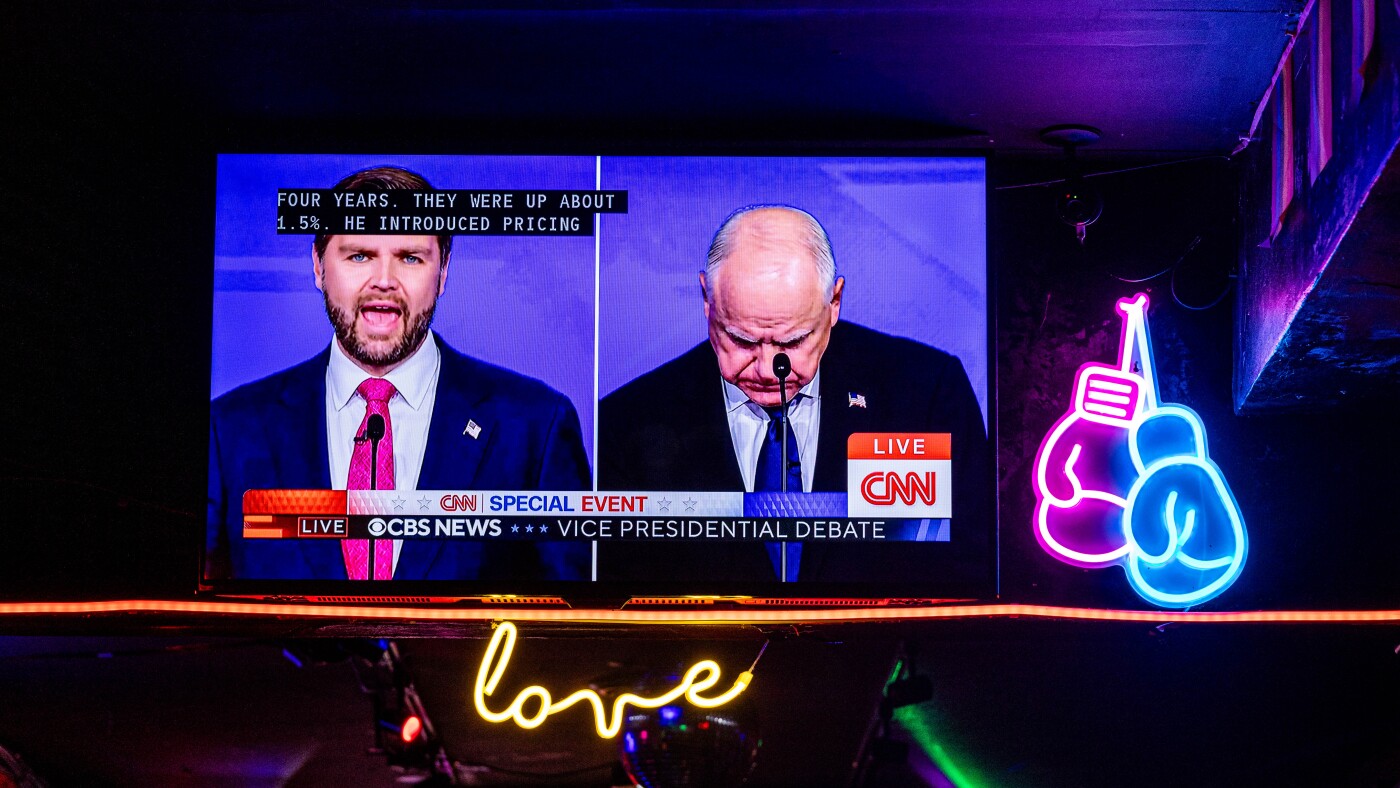During the vice presidential debate on Tuesday night, Minnesota Governor Tim Walz emphasized the urgency of implementing gun control measures in response to a question about preventing school shootings. Conversely, Ohio Senator JD Vance advocated for increased police presence in schools, stressing the need to “arrest the bad guys, put them away and take offenders off the streets.”
These responses reflect the contrasting approaches of the two candidates regarding law enforcement and public safety. Senator Vance has consistently supported police, having introduced a resolution in Congress last year to express support for law enforcement. In contrast, Governor Walz has focused on reforms in the wake of police misconduct and systemic issues.
In 2022, the Washington, D.C., city council passed a comprehensive police reform bill that included bans on neck restraints, improved access to body camera footage, enhanced officer training, and stricter regulations on use of force. Senator Vance introduced a resolution to nullify these reforms, criticizing them as impediments to police effectiveness and safety. Although the resolution did not pass, Vance labeled the reforms as overly restrictive.
Despite initially being opposed to former President Donald Trump, Vance now aligns closely with him, supporting a platform that emphasizes replenishing police departments, opposing progressive prosecutors, and protecting officers from lawsuits. The Trump administration had notably reduced suing police departments for civil rights violations during its tenure.
Governor Walz, on the other hand, has enacted various police reforms following the murder of George Floyd by a Minneapolis officer. These reforms include banning chokeholds and certain types of police training and requiring officers to intervene in cases of excessive force by peers. Additionally, the Minnesota Department of Human Rights negotiated a consent decree with the city to reform the police department and increase accountability. However, Walz opposed a 2021 measure to replace the Minneapolis Police Department with a new public safety agency, which some perceived as an attempt to defund the police.
Following Walz’s selection as Kamala Harris’s running mate, the Republican National Committee issued a statement describing the Harris-Walz ticket as “weak on crime” and criticized Walz’s handling of the riots that erupted after George Floyd’s death.
The days following Floyd’s murder saw significant unrest in Minneapolis, leading to property damage and arson. In response, Walz deployed the Minnesota National Guard and state patrol, though his response drew mixed reactions. Some conservatives argued that Walz was too slow to act, while some liberals criticized him for not being progressive enough. Initially, Walz hesitated to call in the National Guard, hoping to avoid escalating tensions, but he ultimately activated the Guard a day after Minneapolis Mayor Jacob Frey’s request.
The incidents following Floyd’s death, including the breaching and burning of the Third Police Precinct, highlighted delays and miscommunications between city and state officials. An audit revealed that Mayor Frey had not followed the proper channels for requesting National Guard assistance, contributing to delays. Walz acknowledged the need for swifter action during the crisis, stating, “If the issue was that the state should have moved faster, that is on me.”
